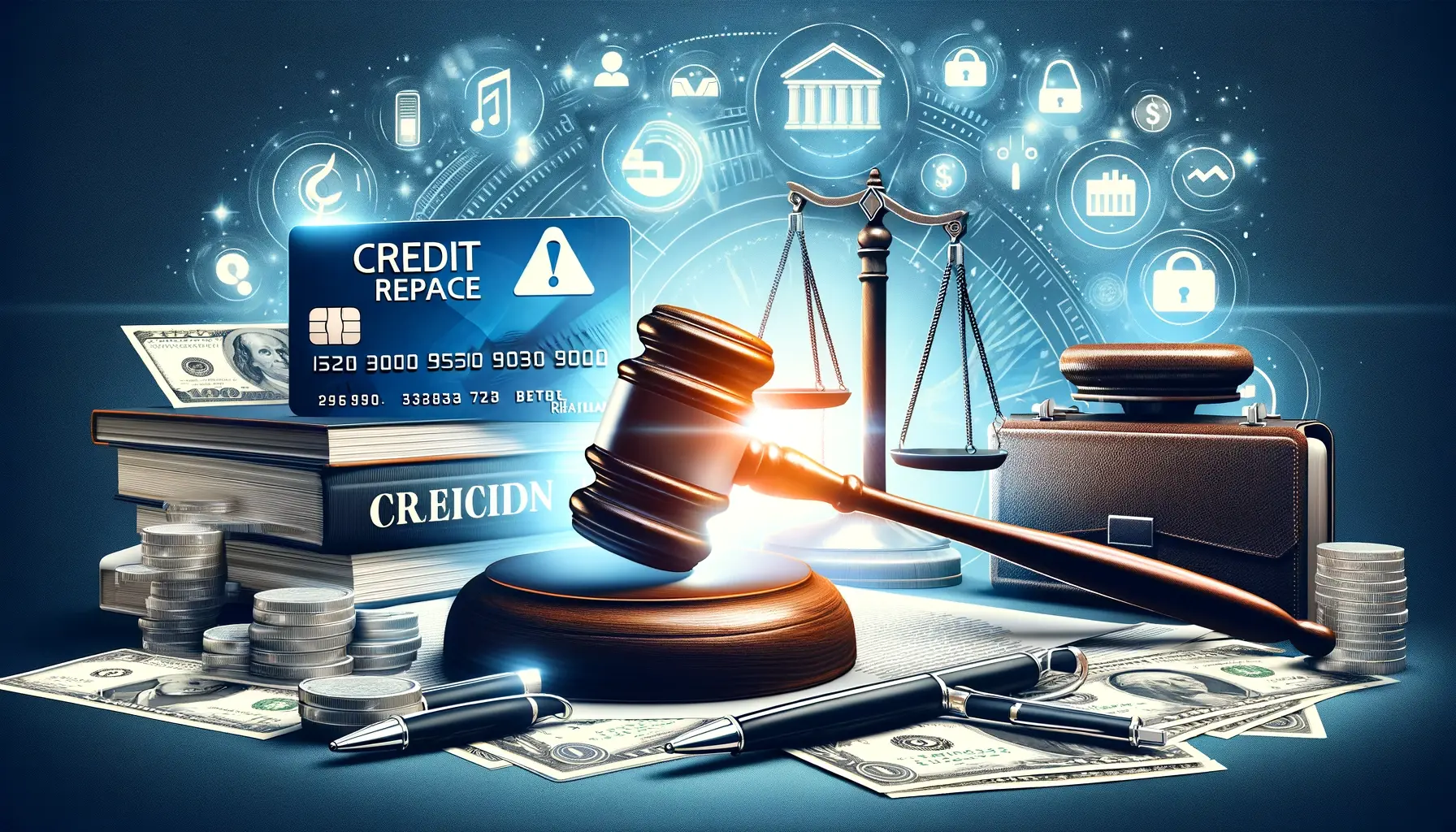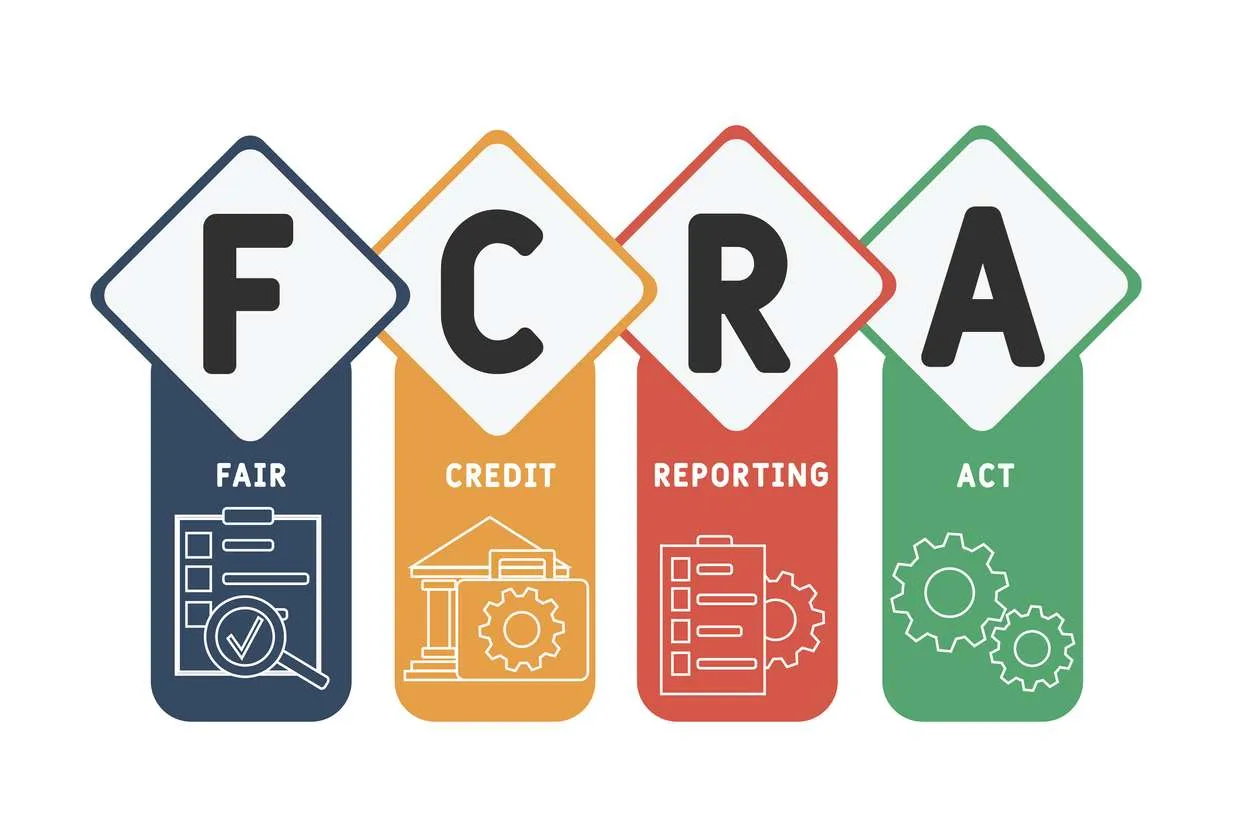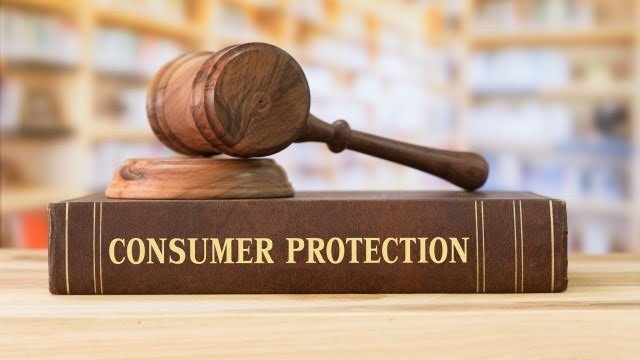Credit repair is an essential process for individuals looking to improve their financial health by addressing and correcting inaccuracies on their credit reports. With a better credit standing, consumers can secure loans, obtain more favorable terms from lenders, and enhance their overall financial future.
Credit repair is a process designed to help consumers improve their credit scores and rectify errors on their credit reports. This involves identifying inaccuracies, disputing negative items, and working towards a more accurate representation of one’s credit history.

Credit repair is essential for anyone looking to enhance their creditworthiness and secure better financial opportunities. By addressing these issues, individuals can significantly improve their credit scores, making it easier to obtain loans, secure favorable interest rates, and achieve their financial goals.
The Credit Repair Industry
The credit repair industry comprises numerous companies dedicated to helping consumers improve their credit scores and reports. These credit repair companies offer various services, including credit report analysis, dispute resolution, and personalized credit improvement plans.
It’s important to understand the difference between legitimate credit repair companies and those engaging in unfair business practices. By seeking assistance from reputable organizations, consumers can ensure they receive effective and legal credit repair services. The industry is regulated by laws such as the Credit Repair Organizations Act (CROA), which protects consumers and sets standards for credit repair businesses.
Key Legislation Governing Credit Repair
Credit Repair Organizations Act (CROA)
The Credit Repair Organizations Act (CROA) was enacted to protect consumers from deceptive practices by credit repair organizations. The primary purpose of CROA is to ensure that consumers receive accurate information and are not misled by credit repair companies.
Key provisions of the CROA include the requirement for credit repair companies to provide a written contract detailing the services to be performed, the total cost, and an estimate of the time it will take to achieve results. Additionally, the CROA mandates a three-day right to cancel the contract without any penalty.
This act prohibits credit repair companies from making false claims about their services and ensures they cannot charge upfront fees before providing any service. These protections help consumers make informed decisions and safeguard them from unfair business practices.
Fair Credit Reporting Act (FCRA)
The Fair Credit Reporting Act (FCRA) plays a crucial role in regulating credit reporting agencies and ensuring the accuracy, fairness, and privacy of information in consumer credit reports. Under the FCRA, consumers have the right to access their credit reports annually for free from each of the three major credit bureaus—Experian, Equifax, and TransUnion.

The FCRA also provides consumers with the right to dispute inaccurate or incomplete information on their credit reports. Credit reporting agencies are required to investigate disputes and correct any errors within 30 days.
Additionally, the FCRA restricts who can access your credit report and for what purposes, providing an added layer of privacy protection. By understanding their rights under the FCRA, consumers can take proactive steps to ensure their credit reports are accurate and fair.
Understanding Credit Reports and Scores
Credit Reports
Credit reports are detailed records of an individual’s credit history maintained by credit reporting agencies. These reports are used by lenders, creditors, and other financial institutions to assess a person’s creditworthiness. A credit report includes information such as personal identification details, a summary of credit accounts, payment history, and any public records like bankruptcies or foreclosures.
Additionally, it lists inquiries made by creditors when an individual applies for credit. Regularly reviewing your credit report is essential to identify and correct errors, ensuring that your credit information is accurate and up-to-date.
Credit Scores
Credit scores are numerical representations of an individual’s creditworthiness, derived from the information in their credit reports. These scores are crucial for lenders in making decisions about loan approvals, interest rates, and credit limits. The most widely used credit scoring models are FICO and Vantage Score.
Credit scores are calculated based on various factors, including payment history, amounts owed, length of credit history, new credit, and credit mix. Higher credit scores indicate lower credit risk, making it easier to secure loans with favorable terms.
Understanding how credit scores are calculated helps consumers take steps to improve their scores, such as making timely payments, reducing outstanding debts, and avoiding new credit applications.
Legal Compliance in Credit Repair
Legal Compliance for Credit Repair Companies
Credit repair companies must adhere to stringent legal requirements to ensure they operate within the boundaries of federal law. These requirements include compliance with the Credit Repair Organizations Act (CROA), which mandates that credit repair companies provide a detailed written contract outlining their services, costs, and the time frame for expected results. They are also prohibited from charging upfront fees before any service is performed.
Additionally, credit repair companies must inform consumers of their right to cancel the contract within three days without incurring any penalties. Adhering to these federal laws is crucial for maintaining the integrity of the credit repair industry and protecting consumers from unfair business practices.
Consumer Protection Measures
Several measures are in place to protect consumers from deceptive practices by credit repair companies. The Federal Trade Commission (FTC) plays a pivotal role in enforcing these protections. The FTC ensures that credit repair companies do not make false or misleading claims about their services.

It also monitors compliance with the CROA and takes action against companies that violate consumer rights. These consumer protection measures are designed to help individuals make informed decisions and avoid falling victim to scams.
Identifying Legitimate Credit Repair Companies
Signs of Legitimate Credit Repair Companies
Identifying legitimate credit repair companies is essential for consumers seeking trustworthy services. Legitimate companies will provide a clear, written contract that outlines their services, costs, and the expected timeline for results. They will also offer a three-day cancellation period without penalties, as required by the CROA.
Transparent communication, no upfront fees, and a willingness to answer questions are also signs of a legitimate company. Additionally, reputable credit repair companies will have positive reviews and be accredited by organizations such as the Better Business Bureau (BBB).
Avoiding Credit Repair Scams
To avoid credit repair scams, consumers should be aware of common deceptive practices. Scammers often promise quick fixes or guaranteed results, which are unrealistic in the credit repair process. They may also demand upfront payment or ask for personal information without providing a detailed contract.
Consumers should be cautious of companies that advise them to dispute accurate information on their credit reports or to create a new credit identity. Researching the company’s background, reading reviews, and verifying their credentials can help consumers avoid scams.
The Credit Repair Process
Steps in the Credit Repair Process
The credit repair process typically involves several key steps aimed at improving an individual’s credit report and score.
- First, consumers should obtain copies of their credit reports from the three major credit bureaus—Experian, Equifax, and TransUnion.
- Next, they should review the reports for any inaccuracies or negative items that may be affecting their credit score.
- The following step is to dispute any inaccuracies by contacting the credit bureaus and providing evidence to support their claims. Credit repair companies can assist with this process by identifying errors, preparing dispute letters, and following up with the bureaus.
- Finally, maintaining good credit habits, such as making timely payments and reducing debt, is crucial for long-term credit improvement.
Disputing Inaccuracies
Disputing inaccuracies on credit reports is a critical component of the credit repair process. Consumers can start by identifying errors such as incorrect personal information, accounts that do not belong to them, or outdated negative items. To dispute these inaccuracies, they should contact the credit bureaus directly, providing a detailed explanation and any supporting documentation. It’s important to keep records of all communications and follow up regularly until the disputes are resolved. Effective dispute resolution can lead to the correction of errors and an improvement in credit scores.
The Role of Credit Bureaus
Credit bureaus are organizations that collect and maintain individual credit information, which they compile into credit reports. These reports are used by lenders, employers, and other entities to assess creditworthiness and make informed decisions. The three major credit bureaus in the United States are Experian, Equifax, and TransUnion.
Each bureau collects data from various sources, including banks, credit card companies, and public records, to create comprehensive credit reports for consumers. Understanding the role of these credit bureaus is crucial for managing and improving one’s credit health.
Working with Credit Bureaus
Consumers can work with credit bureaus to correct errors on their credit reports by following a straightforward process. First, obtain a copy of your credit report from each of the major bureaus. If any inaccuracies are found, you can submit a dispute directly to the bureau that reported the error. This typically involves providing a detailed explanation of the error and supporting documentation.
The credit bureau is required to investigate the dispute within 30 days and must correct any inaccuracies found. Keeping copies of all correspondence and follow-ups is important to ensure the dispute is resolved satisfactorily.
